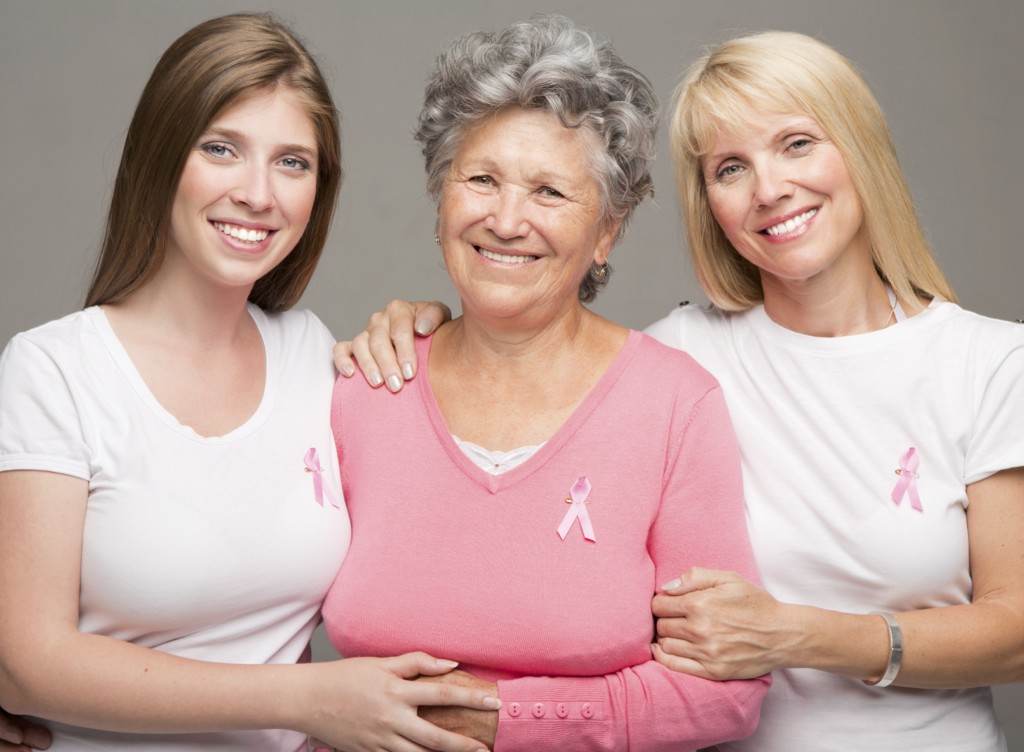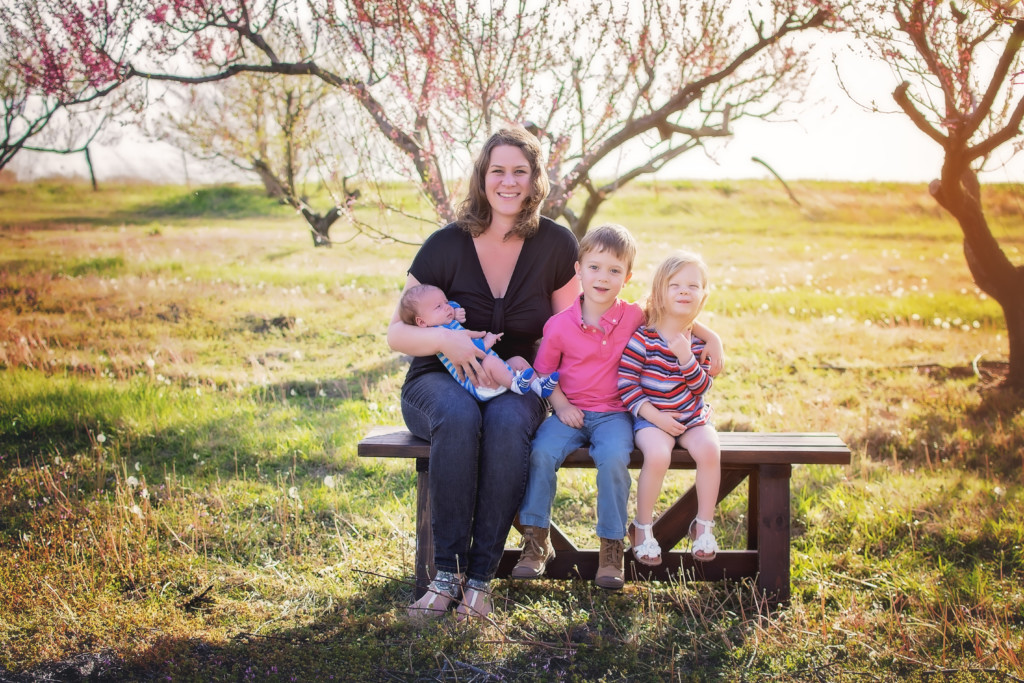 Your mom. Your sister. Your daughter. Being a woman means that breast cancer is at the forefront of your mind anytime you hear the word cancer. Being a busy mom, you often put everyone else’s health in front of your own. Dr. Ellen Cooke, with Advanced Cancer Therapies, answers some of the array of questions a woman may have about breast cancer.
Your mom. Your sister. Your daughter. Being a woman means that breast cancer is at the forefront of your mind anytime you hear the word cancer. Being a busy mom, you often put everyone else’s health in front of your own. Dr. Ellen Cooke, with Advanced Cancer Therapies, answers some of the array of questions a woman may have about breast cancer.
I’m in my 30s; Isn’t that too young to have breast cancer?
Unfortunately, no, it is not too young. There were estimated to be roughly 12,000 cases of breast cancer diagnosed in women under the age of 40 in 2015 in the U.S. However, it is much more common to be diagnosed with breast cancer after menopause. The median age at diagnosis is 61 (slightly lower in the African American population at 58), which means that half of women are younger than 61 when diagnosed and half are older. The lifetime risk of breast cancer is 1 in 8.
Are there risk factors that I may be able to influence?
Here are some things you could do to reduce your risk: Know your family history – genetic testing for known molecular genetic alterations such as BRCA may be indicated. Limit alcohol consumption to less than or equal to one drink per day. Do not smoke. Deliver your your first biological child before age 30. Breastfeed your babies for a year or more (cumulative). Stay lean and fit, getting regular physical activity (at least 150 min of moderate physical activity per week). Carefully consider (with your doctor) the use of oral contraceptives and menopausal hormone replacement therapy.
Are all breast cancer lumps cancerous?
No, there are many benign breast diseases that cause breast lumps, so check with your doctor for an exam and discussion if you have a concern.
I’ve been diagnosed with breast cancer, what’s next?
After a breast biopsy shows breast cancer, there will be additional testing/workup to determine the stage of the cancer which could include imaging of the body and/or blood tests, and consultation with specialists, such as a surgeon, medical oncologist and radiation oncologist to discuss the possible treatment moving forward.
What are the different types of treatment? Is it specific to what type of breast cancer I have as to what my course of treatment is?
Breast cancer is often treated with a combination of surgery +/- chemotherapy, hormone therapy and radiation therapy. Which treatments are necessary depends upon the specific subtype of cancer and the stage. In this modern age of medicine, molecular testing is becoming more and more important in the management of all cancers. In breast cancer, we are specifically interested in 3 surface markers (ER, PR, and Her2) expressed on the surface of cancer cells at a cellular level.
What is radiation?
Radiation therapy is a form of cancer treatment which kills cancer cells using an invisible, painless x-ray beam to treat the part of the body felt to be at risk for cancer recurrence or areas showing evidence of active cancer. The beam is typically the same type of e-ray that is used for chest x-rays or CT scans, but higher energy, so therefore more powerful. For breast cancer, radiation is usually used after a lumpectomy or mastectomy to treat the breast or chest wall, and will sometimes include the regional lymph nodes in the underarm and just above the collar bone.
What are the side effects of radiation treatment?
Side effects of radiation are specific to the site being irradiated. When treating the breast, a woman typically experiences fatigue and a sunburn-like reaction of the skin in the treated area. There can be long term effects after radiation therapy as well, which should be discussed with the radiation doctor prior to proceeding.
How long does treatment last?
Radiation is usually given as a series of treatments, 5 days per week for several weeks in a row. The total number of treatments for breast cancer varies from 3 weeks to 6.5 weeks. Each individual session lasts no more than 15 minutes.
Who will be part of my health care team during radiation treatment and what does each member do?
Radiation therapy is administered by a team of individuals. The radiation oncologist (a physician who specializes in radiation oncology), is the head of your treatment team. The other experts may include a physician assistant/nurse practitioner, a medical physicist (manages the quality and technical side of treatment), a dosimetrist (creates customized advanced cancer therapies and specific radiation treatment plans), radiation therapists (involved in treatment mapping and treatment delivery), a nurse, and patient care coordinators (front desk staff) who are all there to provide you with the individualized care you need during treatment.
 Dr. Ellen Cooke is a Radiation Oncologist at Advanced Cancer Therapies in Northeast Wichita. She is a proud mother of three wonderful children, all under the age of 5. Dr. Cooke was drawn to the field of Oncology when her mother was diagnosed with cancer while she was a medical student. She attended Texas A&M where she received her medical degree and went on to complete her residency at University of Utah Medical Center / Huntsman Cancer Hospital in Salt Lake City. Her passion for giving patients the best care and the love she has for her children are just a few things that make Dr. Cooke a dedicated physician and mother.
Dr. Ellen Cooke is a Radiation Oncologist at Advanced Cancer Therapies in Northeast Wichita. She is a proud mother of three wonderful children, all under the age of 5. Dr. Cooke was drawn to the field of Oncology when her mother was diagnosed with cancer while she was a medical student. She attended Texas A&M where she received her medical degree and went on to complete her residency at University of Utah Medical Center / Huntsman Cancer Hospital in Salt Lake City. Her passion for giving patients the best care and the love she has for her children are just a few things that make Dr. Cooke a dedicated physician and mother.
















